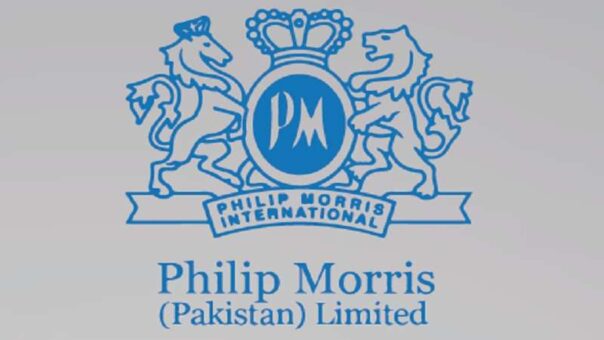Islamabad, April 17, 2024 – Philip Morris Pakistan Limited (PMPKL) has sounded the alarm on the urgent need for immediate measures to combat the rising prevalence of low-priced, non-tax-paid cigarettes, citing a loss of fair competition and a significant decline in volumes within the legitimate tobacco sector.
At a media briefing held today in Islamabad to address the pressing challenges confronting the tax-paid cigarette industry in Pakistan, Andleeb Uroos Ahmed, Head of Communications at Philip Morris Pakistan, underscored an alarming 86% decrease in total income for the fiscal year 2023. This decrease sheds light on the adverse effects of Federal Excise Duty (FED) hikes and the increasing market share of non-duty-paid illicit cigarettes in the country.
Ahmed elaborated that substantial excise increases often lead to inflated prices of tax-paid cigarettes, widening the price gap as the tax-evading sector disregards these hikes. This situation has created fertile ground for numerous local illicit cigarette manufacturers, particularly in Khyber Pakhtunkhwa (KPK) and Azad Jammu & Kashmir (AJ&K), to capture significant market share while contributing minimally to national revenue.
Statistics unveiled during the briefing painted a grim picture of a massive surge in illegal cigarettes across Pakistan following the FED hike in February ’23, with illicit cigarettes now commanding a staggering 63% market share and causing an annual loss of approximately PKR 310 billion to the exchequer.
While acknowledging government efforts such as the introduction of tax stamps (track & trace system) to combat illicit tobacco trade, Ahmed expressed deep concerns about the lack of comprehensive enforcement, allowing the non-tax-paying industry to thrive.
Emphasizing the critical need for decisive action to protect the interests of tax-paying entities and ensure sustainable revenue collection for the government, Ahmed suggested including tax-evading cigarette manufacturers in the tax net instead of burdening the legitimate industry with additional taxes.
She stressed that by simply curbing tax evasion, the Federal Board of Revenue (FBR) could potentially boost revenue collection from the tobacco sector by over 2 billion US dollars. “The potential revenue, if realized, could significantly contribute to human development projects and public health initiatives in Pakistan, addressing critical areas where the country lags in human development rankings,” she added.
Ahmed also raised concerns about various anti-tobacco organizations misleading the government by spreading misinformation about the current and potential revenue collection from the legitimate tobacco industry, inadvertently forwarding the agenda of the illicit tobacco sector.
She cautioned that further tax hikes, coupled with inadequate enforcement, would harm government revenue and public health objectives, as additional taxes would drive consumers towards illicit cigarettes, reducing market share and revenue collection from legitimate cigarette manufacturers.
Ahmed expressed hope that concerted efforts between the industry and government could effectively address these challenges and ensure a level playing field for all stakeholders, ultimately benefiting both the economy and public health in Pakistan.
